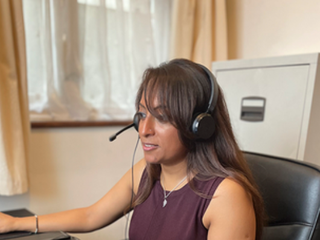Childhood acute lymphoblastic leukaemia (ALL) prognosis
For most children and young adults with ALL, the prognosis (what’s likely to happen in the future) is good, with a very high chance of long-term survival.
Based on data from recent clinical trials, most children and young adults with ALL will go into long-term remission (where there’s no leukaemia left) at the end of their treatment. Some rare types of childhood ALL are more difficult to treat, so the prognosis may vary. Your child’s consultant (their specialist doctor) is the best person to ask about your child’s individual prognosis.
Not everyone wants information about their child’s prognosis. If you don’t want to talk about it, tell your child’s healthcare team - you can change your mind at any time. The healthcare team is not allowed to talk to anyone else about it, even family members, without your permission as parent or carer.
Older children will have a say in what they want to know about their prognosis, and who to share that information with.
Our research impact on childhood leukaemia
Tackling childhood leukaemia was the main area of focus for our founders and is where we have some of our biggest research breakthroughs.

